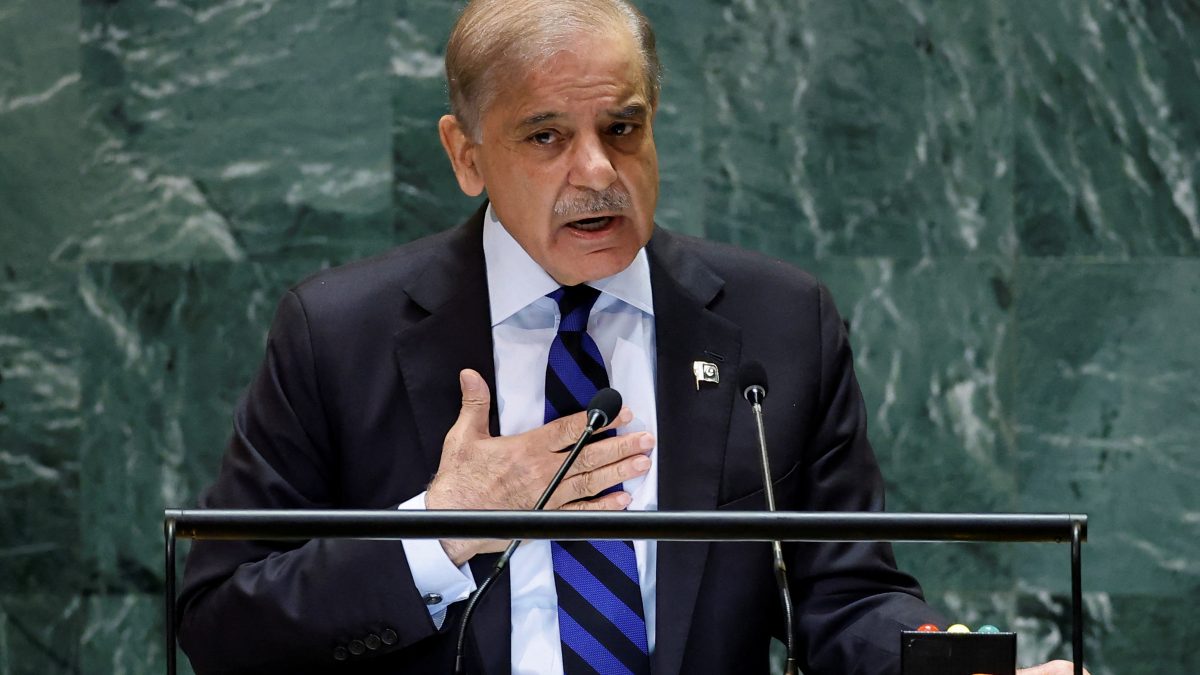As Pakistan’s month-long presidency of the UN Security Council (UNSC) nears its end, Islamabad is preparing to hold an open debate on unresolved global disputes, indirectly aiming to highlight the Kashmir issue, according to a report from The Times of India. Pakistan plans to follow this with a resolution urging member states to use peaceful means to settle conflicts.
Although Pakistan’s main goal is to draw attention to Kashmir, it is unlikely to mention Jammu and Kashmir directly in the resolution, fearing a possible veto. For a UNSC resolution to pass, it requires at least nine votes and no veto from any of the five permanent members.
Pakistan’s Deputy Prime Minister and Foreign Minister, Ishaq Dar, will travel to New York to chair the debate on 22 July. UN Secretary-General António Guterres is also expected to brief the meeting.
According to the Security Council Report, Pakistan hopes to pass a resolution encouraging the full use of all mechanisms under Chapter VI of the UN Charter. Article 33 of this chapter urges parties in a dispute that threatens international peace to seek solutions through mediation, arbitration, or other peaceful means of their choosing.
“This will likely be a broad, conceptual resolution focused on general principles rather than specific issues, to avoid objections,” says Syed Akbaruddin, former Indian Ambassador to the UN. Pakistan also knows that, apart from China, the other permanent UNSC members continue to view Kashmir as a bilateral issue between India and Pakistan.
Impact Shorts
More ShortsWhile member states recognise the UNSC’s role in maintaining peace and security, many stress that any efforts must respect a country’s sovereignty and cannot impose settlement terms without the consent of all involved parties. This open debate follows earlier closed-door discussions Pakistan initiated on 5 May to address India-Pakistan tensions after the Pahalgam terrorist attack.
Pakistan is also planning another significant event during its presidency to promote cooperation between the UN and the Organisation of Islamic Cooperation (OIC), a 57-member group that has often supported Pakistan’s stance on Kashmir.


)

)
)
)
)
)
)
)
)



